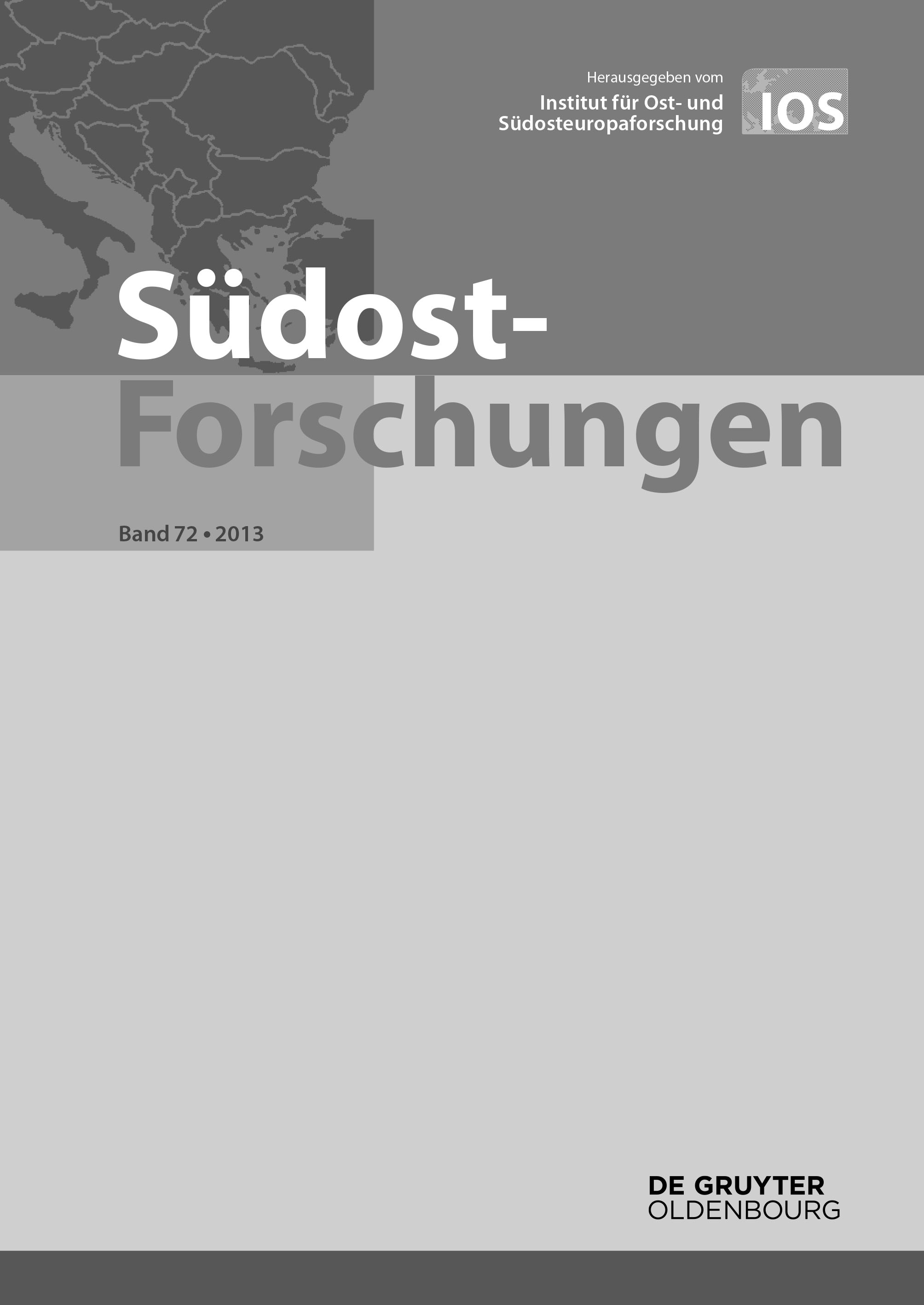Albanien-Forschung im Schatten des Nationalsozialismus
Albanology in the Shadow of the Third Reich
Author(s): Michael Schmidt-NekeSubject(s): WW II and following years (1940 - 1949), Fascism, Nazism and WW II
Published by: De Gruyter Oldenbourg
Summary/Abstract: For several decades, the personal continuity between the researchers on East and South East Europe during the Nazi regime and those who after 1945 managed to rebuild research institutions, had remained a taboo topic, at least in West Germany. Only in 2002, a conference organized by the Südost-Institut discussed several aspects of this continuity. This article summarizes the research on Albania in Germany between 1933 and 1945, not only on language and history, but also on all fields of science relevant for the country and its people, including the notorious „racial research“, and gives details on several careers of the scientists involved. It discusses the main structures, especially the two competing institutions for research on South East Europe in Munich, led by Fritz Valjavec, and in Leipzig, headed by Georg Stadtmüller, who both would become leading figures in West German studies on that region after 1945. A main aspect of careers and institutions as well are their manifold links with political structures of the Third Reich (like the SS), a system of tutelage and protection, which has been described as “polycracy”. The author discusses several reasons why Albanology was only a very peripheric field of research in Nazi Germany.
Journal: Südost-Forschungen
- Issue Year: 2013
- Issue No: 72
- Page Range: 243-268
- Page Count: 26
- Language: German
- Content File-PDF

